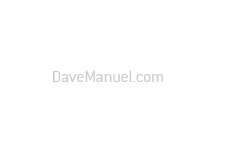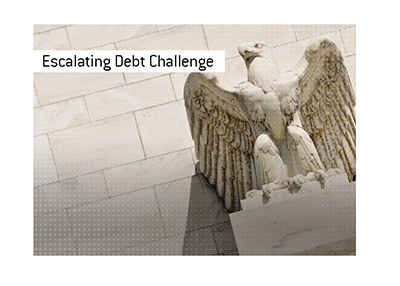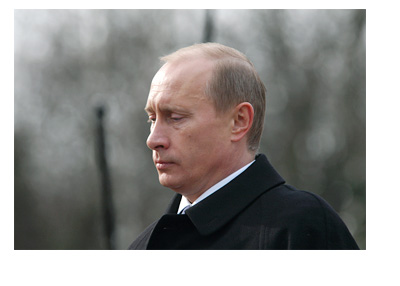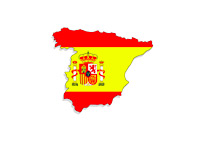The Definition of a Recession
 Over the past few months, you have undoubtedly (unless you've been living under a rock or out in the wilderness somewhere) heard the term "recession" mentioned on television. You've probably heard that the United States is currently in a recession. You've likely heard that the world is in the icy clutches of a global recession, one so severe that it might possibly lead into a depression.
Over the past few months, you have undoubtedly (unless you've been living under a rock or out in the wilderness somewhere) heard the term "recession" mentioned on television. You've probably heard that the United States is currently in a recession. You've likely heard that the world is in the icy clutches of a global recession, one so severe that it might possibly lead into a depression.Earlier today, the National Bureau of Economic Research announced that the current recession in the United States actually started in December of 2007. The National Bureau of Economic Research (or NBER) is a private group of economists that determines the starting and end dates for economic downturns.
So we know that we are in a recession.
The question is - what exactly is a recession?
First off, to understand what a recession is, you need to understand that economies go through periods of growth and contraction.
Some people will say that the definition of a recession is two consecutive quarters of negative GDP growth. GDP is "gross domestic product", which is defined as "the total market value of all final goods and services produced within the country in a given period of time."
Other entities, including the National Bureau of Economic Research, include other variables in their calculations. GDP growth is measured, as well as real personal income, employment, industrial production and wholesale-retail sales.
Why the need for additional variables? Why not just say that a recession is defined by two consecutive quarters of negative GDP growth?
A few reasons. First off, the inclusion of a government-sponsored stimulus package (such as sending $300 checks to every citizen in America) may artificially inflate the GDP and not tell the real story of the strength of the economy. This would temporarily increase consumption and throw the numbers out of whack.
Second - based on that strict definition, the 2001-02 recession technically wouldn't have been a recession, as there weren't two consecutive quarters of negative GDP growth. Can anyone say with a straight face that we didn't have a recession in 2001 and 2002?
To be honest, there is no real rock-solid formula in terms of determining whether or not we are in a recession and for how long it has lasted. If there was a rock-solid formula, we wouldn't need the National Bureau of Economic Research to tell us that we are in a recession and that it began in December of 2007.
The best definition of a recession I have ever seen?
"A recession is a period of reduced economic activity. It is a contraction of the business cycle which is marked by a significant decline in economic activity which lasts more than a few months."
The United States has suffered through a number of recessions since the beginning of 1980.
There was a recession from January to July of 1980, which was followed by yet another recession that lasted from July 1981 to November of 1982.
After that, there was a recession in 1990 that started in July and ended in March of 1991.
The bursting of the dot-com bubble and 9/11 attacks led to the 2001/02 recession, which lasted from November 2001 to November of 2002.
Lastly, we are currently in a recession which reportedly started in December of 2007. The recession is ongoing, and there is no telling how long it may last.
There is no 100% foolproof definition for a recession, but one thing is for sure - we are definitely in the midst of one right now.
Filed under: The Economic Meltdown | Stock Market Education | General Knowledge



